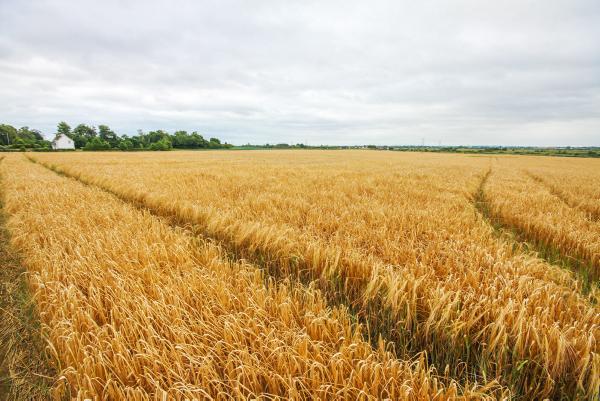Syngenta, the Swiss-based agro-chemical and seed company, has rejected a second takeover bid from Monsanto, the world’s largest seed company based in the US.
This second takeover offer from Monsanto is effectively the same as the first, valuing Syngenta at €40bn ($45bn), but offered an added $2bn break-up fee should the proposed merger fall through due to any regulatory issues.
However, Syngenta chief executive Mike Mack once again rejected Monsanto’s offer stating that it represented the “same inadequate price” and in no way addressed the regulatory risks associated with any potential deal.
Any merger of Monsanto and Syngenta would create by far the largest seed and chemical company in the world with a turnover close to €30bn. As such, there are a number of regulatory risks associated with the proposed merger.
Monsanto is the world’s largest seed company but generates a significant proportion of its revenue from agro-chemical sales, while Syngenta is the world’s largest agro-chemical producer but also has a major seed business.
Monsanto said it will sell off Syngenta’s seed business and any overlapping chemical products to avoid antitrust issues and win regulatory approval for the deal. Syngenta management believe a merger would be blocked by regulators due to “conglomerate concerns” and that Monsanto has made no serious attempt to address these concerns.
Concentrated
The seed and chemical markets are already highly concentrated with the ‘big six’ companies (Monsanto, Syngenta, Bayer, DuPont, BASF and Dow) controlling 70% of the global seed market and 90% of the agro-chemical market.
Monsanto currently controls 30% of the global seed market and 10% of the global agro-chemical market while Syngenta holds 9.3% of the seed market and 24.3% of the chemical market.
Monsanto alone has a current seed and trait footprint that touches corn, soyabeans and cotton on around 400m acres globally.





SHARING OPTIONS